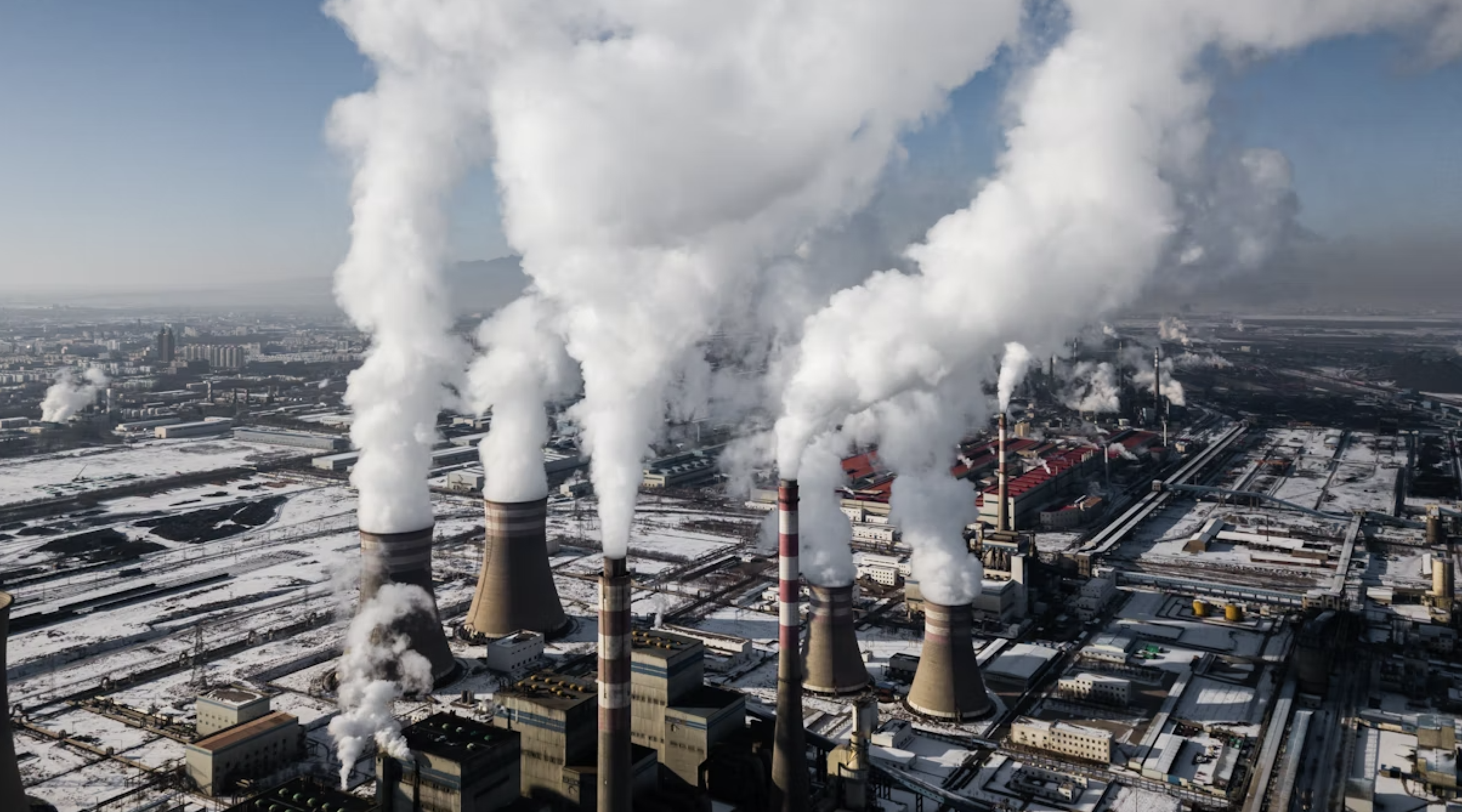
According to the Energy Institute’s thorough analysis of worldwide energy data, greenhouse gas emissions from the energy sector increased in 2022 despite record-breaking growth in wind and solar power. The Energy Institute’s research was released in collaboration with KPMG and the consulting firm Kearney. It was discovered that fossil fuels constituted 82% of the world’s total energy consumption and that rising energy demand led to an increase of 0.8% in greenhouse gas emissions.
The paper states that with the easing of Covid travel restrictions in China, the continuous expansion in global energy consumption is anticipated to climb even more, which could lead to increased emissions. Energy Institute’s president Juliet Davenport said that “Despite further strong growth in wind and solar in the power sector, overall global energy-related greenhouse gas emissions increased again. We are still heading in the opposite direction to that required by the Paris Agreement.”
In 2022, the average daily demand for oil increased by 2.9 million barrels, to 97.3 million bpd, partly because of the recovery of the world economy from the Covid epidemic. India and China were the main drivers of the 0.6% growth in coal demand, which reached levels not seen since 2014. A slight 1.1 increase in global energy consumption masked the fact that renewable energy sources, excluding hydropower, satisfied 7.5% of the world’s energy demand in 2022, an increase of 1% from the year before. As a result, there was a higher reliance on coal and oil to provide the demand.
The Paris Climate Agreement, which seeks to reduce emissions by half, could be undermined, the report warns
In 2022, solar energy output increased by 25 percent. Wind power output also grew by 13.5 percent compared to the previous year. The head of energy and natural resources at KPMG, Simon Virley, emphasized that despite the expansion of renewable energy sources, 82 percent of all energy still comes from fossil fuels. “Despite record growth in renewables, the share of world energy still coming from fossil fuels remains stubbornly stuck at 82 percent, which should act as a clarion call for governments to inject more urgency into the energy transition.”
The Paris Climate Agreement, which seeks to reduce emissions by half by the end of the decade to prevent severe global warming, could be undermined, the report warns, if fast action is not taken in response to rising energy-related emissions. The analysis from the Energy Institute emphasizes the significance of swift action by international governments to meet the Paris Target. The increase in greenhouse gas emissions, according to Richard Forrest, head of global sustainability at Kearney, has highlighted the need for “urgent action to get the world on track to meet the Paris targets.” He said that there has “never been a greater need” to provide secure, inexpensive, and clean energy.
